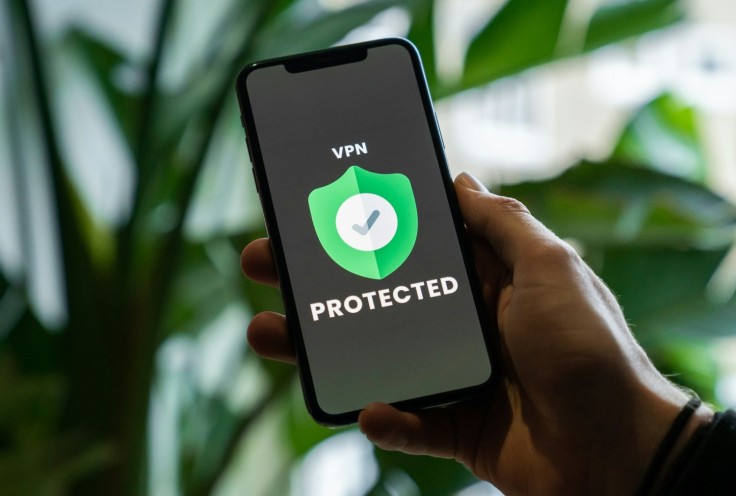Free virtual private network, or VPN, apps might pose more privacy and security risks to users than the anonymity it advertises to provide, according to Forbes.
The report came a week after a Chinese national was arrested for allegedly embedding malware into free VPNs to steal 19 million IP addresses to use as part of its botnet operations targeting big corporations in the US.
This is in addition to US lawmakers claiming that children's data, one of the feature's common users, were being collected illegally and shared with the Chinese government.

VPNs are often used to access region-locked websites and digital features by switching the user's IP address to another country or region.
While many free VPN services vow the process to be secure, using their services would often require the user to allow the app to access several private details on their devices, including their IP address.
How to Use VPNs Safely?
This is not to say that VPNs are not all safe. The feature is still recommended when accessing unknown sites and region-locked content.
Experts, however, suggest that people use trusted and paid-for VPNs rather than try unknown free alternatives that could compromise their data privacy.
Among the trusted VPN vendors include Proton, NordVPN, and Surfshark. To learn how each premium VPN service works, readers can refer to this Reddit post detailing all the perks and abilities of 11 mainstream VPN apps.
The best paid VPN service: A full guide
byu/NotJoeBestie invpngeeks
While built-in free VPNs in web browsers can also be used, accessing these features would still entail security risks as users share their private data with the browser company.
Related Article : Opera on iOS Now Has a Free Built-In VPN
How to Know if Your Account is Hacked via VPN?
There is no way of knowing who has access to your IP address, even those who stole it via malware on a VPN service.
The best way to protect your data and private details is to contact your internet service provider and see possible steps to secure all personal data from being used in crime-related activity.
Enabling multi-factor authentication systems to all accounts can also help ensure that all linked accounts are not easily accessible by third-party groups.
If it is applicable, deleting all online activity in your IP history can lessen the impact of your IP address being leaked.









